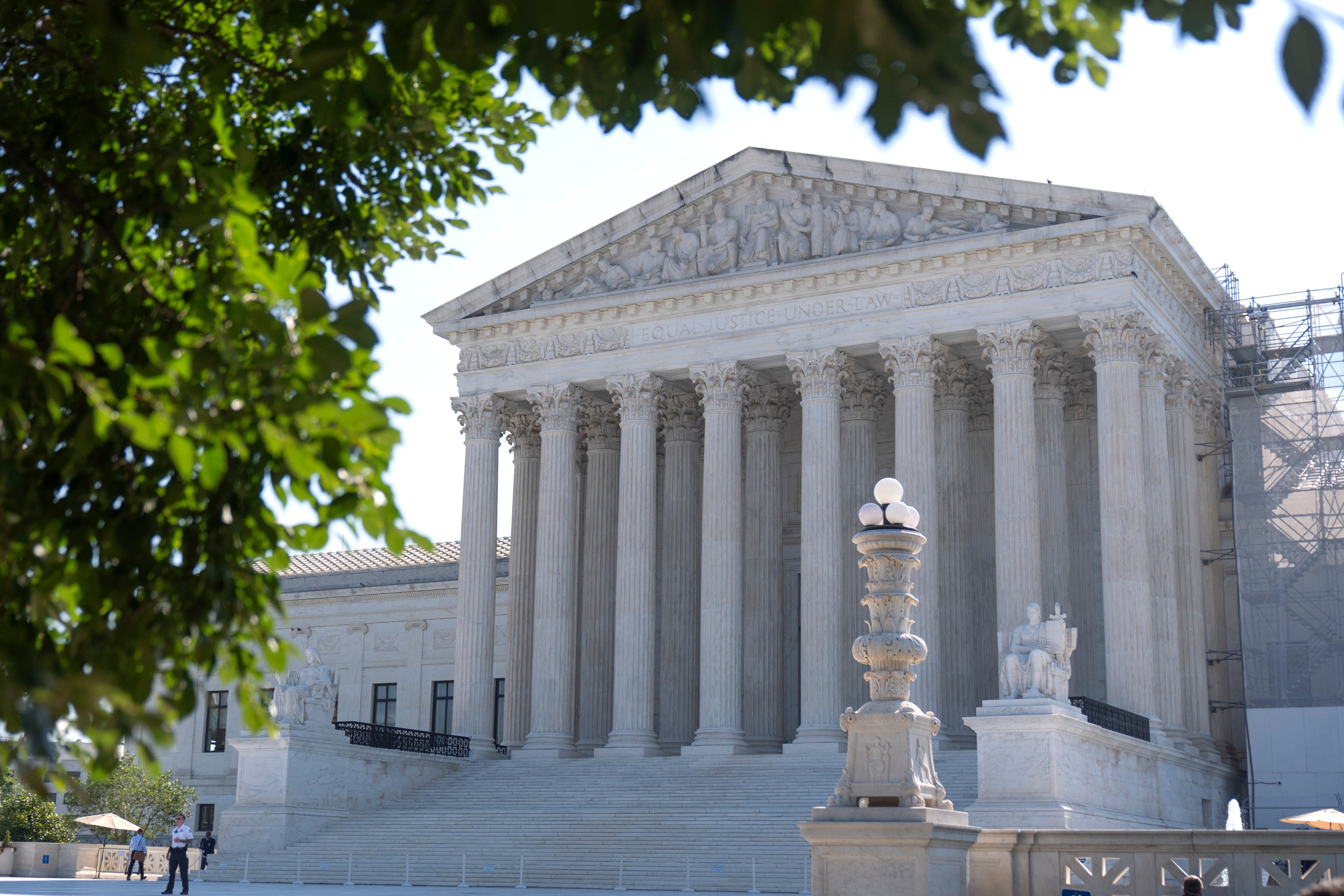Supreme Court will take up Hungary's bid to end lawsuit from Holocaust survivors
The Supreme Court has agreed to intervene for the second time in a dispute between Hungary and Holocaust survivors who want to be compensated for property confiscated from them during World War II

The Supreme Court on Monday agreed to intervene for the second time in a dispute between Hungary and Holocaust survivors who want to be compensated for the property confiscated from them during World War II.
The justices will hear arguments in the fall in Hungary's latest bid to end the lawsuit filed 14 years ago by survivors, all of whom are now over 90, and heirs of survivors. Some survived being sent to the Auschwitz death camp in Poland.
The issue in the case concerns whether an American court is the proper forum for the lawsuit.
Under the Foreign Sovereign Immunities Act, sovereign nations like Hungary are shielded from lawsuits in U.S. courts. But the law makes an exception for lawsuits involving “property taken in violation of international law.”
Lower courts have been wrestling with how the exception works in this case.
In 2021, the justices sided with Germany in a multimillion-dollar dispute over a collection of religious artworks known as the Guelph Treasure. That decision made it harder for some lawsuits to be tried in U.S. courts over claims that property was taken from Jews during the Nazi era.
The justices heard the Hungary case at the same time, and returned it to the appeals court in Washington in light of the decision involving Germany.
The appeals court, hearing the case for a third time, refused to dismiss all the claims.
The survivors filed the lawsuit in 2010 with the goal of pursuing a class-action case against Hungary and its railway on behalf of all Hungarian Holocaust survivors and family members of Holocaust victims. The railroad played a key role in the genocide, transporting more than 400,000 Hungarian Jews to the Auschwitz death camp in Poland over a period of two months in 1944.
Bookmark popover
Removed from bookmarks